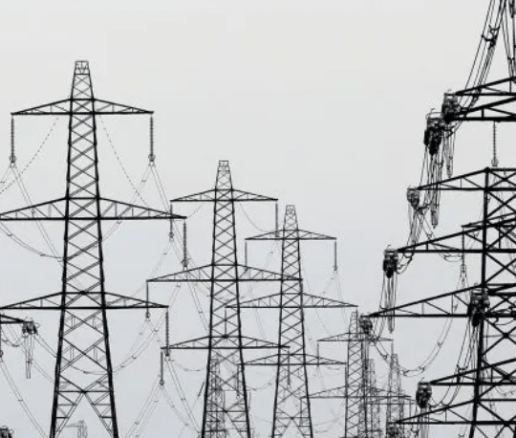How Nigerian Electricity Consumers Paid ₦509bn in Four Months Despite Grid Collapses
This post has already been read 2393 times!
In the face of recurring power outages, Nigerian electricity consumers contributed a substantial ₦509.84 billion to the revenue of power distribution companies (DisCos) in the fourth quarter of 2024. Despite enduring three total and two partial grid collapses during the same period, revenue collection saw a significant boost compared to the ₦466.69 billion recorded in the third quarter of 2024.
The Nigerian Electricity Regulatory Commission (NERC) reported that eight DisCos showed improvement in collection efficiencies, with Eko and Ikeja DisCos leading the pack at 90% and 82.3%, respectively. In contrast, Jos DisCo recorded the lowest efficiency at 49.68%. Yola and Kano DisCos saw notable efficiency increases of +13.93pp and +9.88pp, while Jos and Abuja DisCos experienced the most significant declines.
Recurring system collapses remain a pressing challenge for the Nigerian power sector. According to NERC, the national power grid—a complex network that connects power stations to end consumers—suffered from operational instability due to imbalances between electricity demand and supply.
“There were three incidents of total collapse and two incidents of partial collapse on the national grid in 2024/Q4,” the report highlighted. The specific causes of these disruptions are being investigated by the system operator.
On a brighter note, NERC emphasized the potential of metering initiatives to alleviate commercial losses and enhance revenue streams. Through the Meter Acquisition Fund (MAF) scheme, DisCos installed meters for over 4,000 Band A customers by the end of 2024.
This initiative, alongside other metering frameworks like the NERC MAP and NMMP regulations, aims to improve energy accounting and minimize inefficiencies.
Looking ahead, NERC has urged DisCos to prioritize accurate customer enumeration and expand metering coverage to sustain revenue growth and address ongoing challenges in the electricity supply industry.
ABUJA BUSINESS REPORTS NEWSPAPER & MAGAZINE







